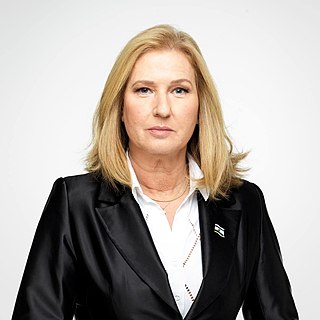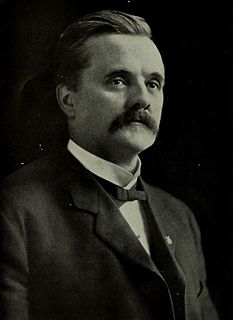A Quote by Noam Chomsky
In 1963, the U.N. Security Council declared a voluntary arms embargo on South Africa. That was extended to a mandatory embargo in 1977. And that was followed by economic sanctions and other measures - sometimes officials, countries, cities, towns - some organized by popular movements.
Related Quotes
I think the most difficult thing that has had to happen in South Africa for the previously disadvantaged communities is they had to reconcile that the oppressor has been enriched and the establishment is now making five or 10 times more profit than they were during the time the economic embargo was on them.
The legacy of the embargo will be Cuba's poverty and desperation. When the island comes out of it, they'll be even more desperate than they are now about the things they think they've missed. I think one of the unintended results of the embargo is that Cuba is quite consumerist - and I'm talking about the people, not the government or the official propaganda.
And now South Africa has finally woken up and it is doing great things. And if South Africa becomes the template to what AIDS is in the sub-Saharan continent, then all the other countries are going to follow suit. And Michel Sidibe, who spoke at the breakfast meeting this morning, was saying that there is so much hope for Africa now that South Africa has got its house in order.
I support a very active programme on disarmament and arms control for Iraq, and of course every other country in the world... That does not require economic sanctions...I think we've got to take the risk and give up economic sanctions while hanging on to the disarmament programme and allow the Iraqis to get on with rebuilding their country.
A number of African countries came to us and said, we request that South Africa should not field a candidate, because so many other African countries wanted to, and, in any case, South Africa would continue to play a role in terms of building the African Union, and so on. And they actually said, please don't field a candidate, and we didn't. As I have said, it is not because we didn't have people who are competent to serve in these positions.
When you have difficult issues on the table for discussion, then sometimes for Africa you may have Burundi or Gambia representing them on the Security Council; and then for Latin America you may have a country like Costa Rica, which is a wonderful country but they don't have the same weight as others from the other regions. And sometimes they get bullied. Sometimes their capitals come under lots of pressure to take a position.





































